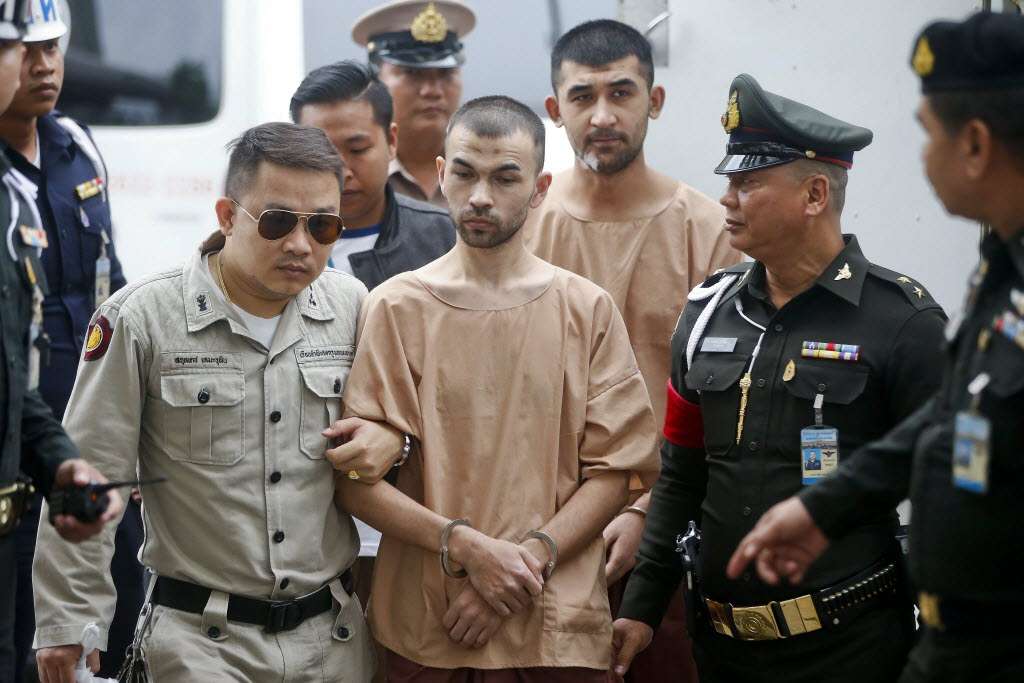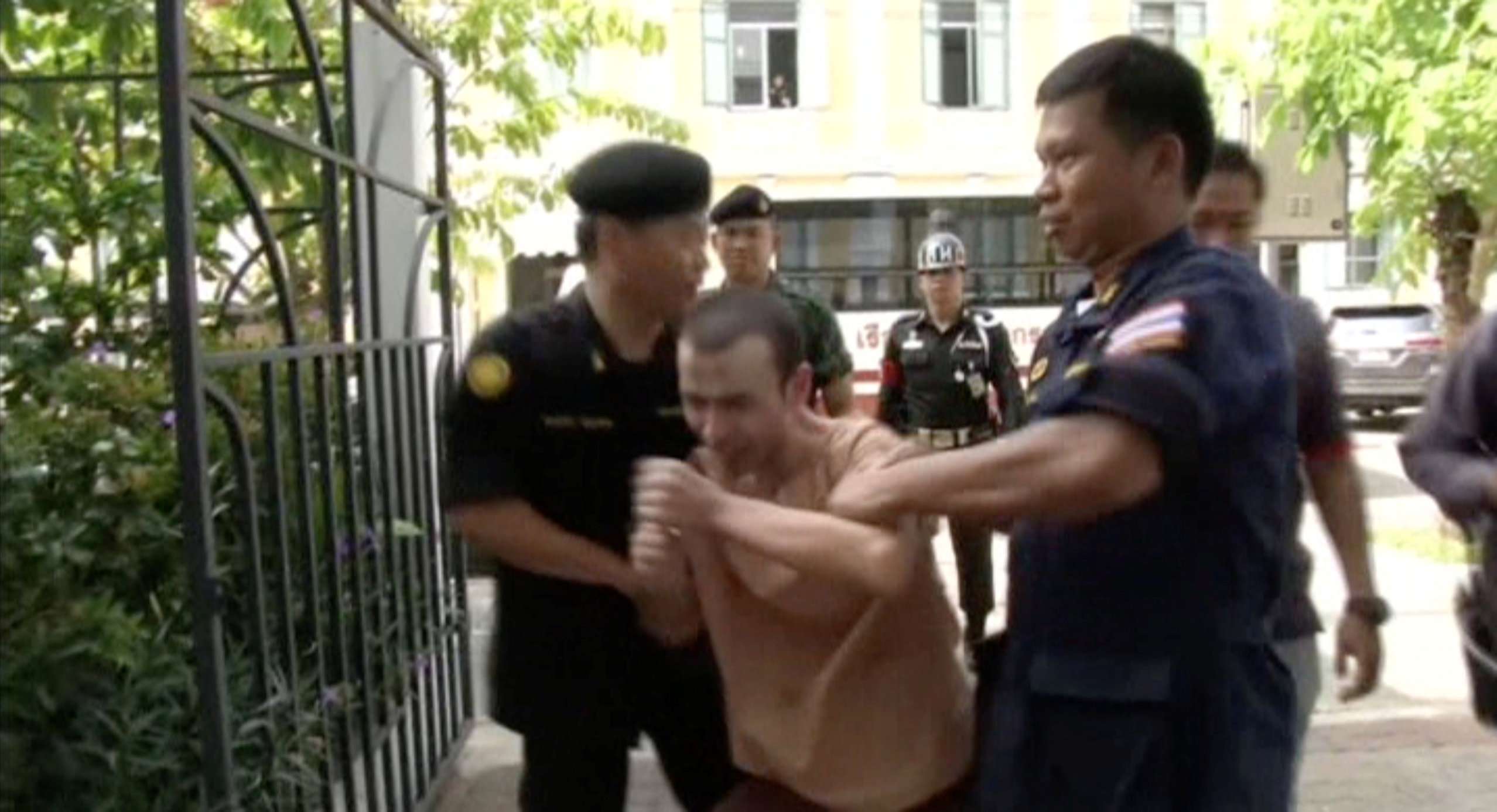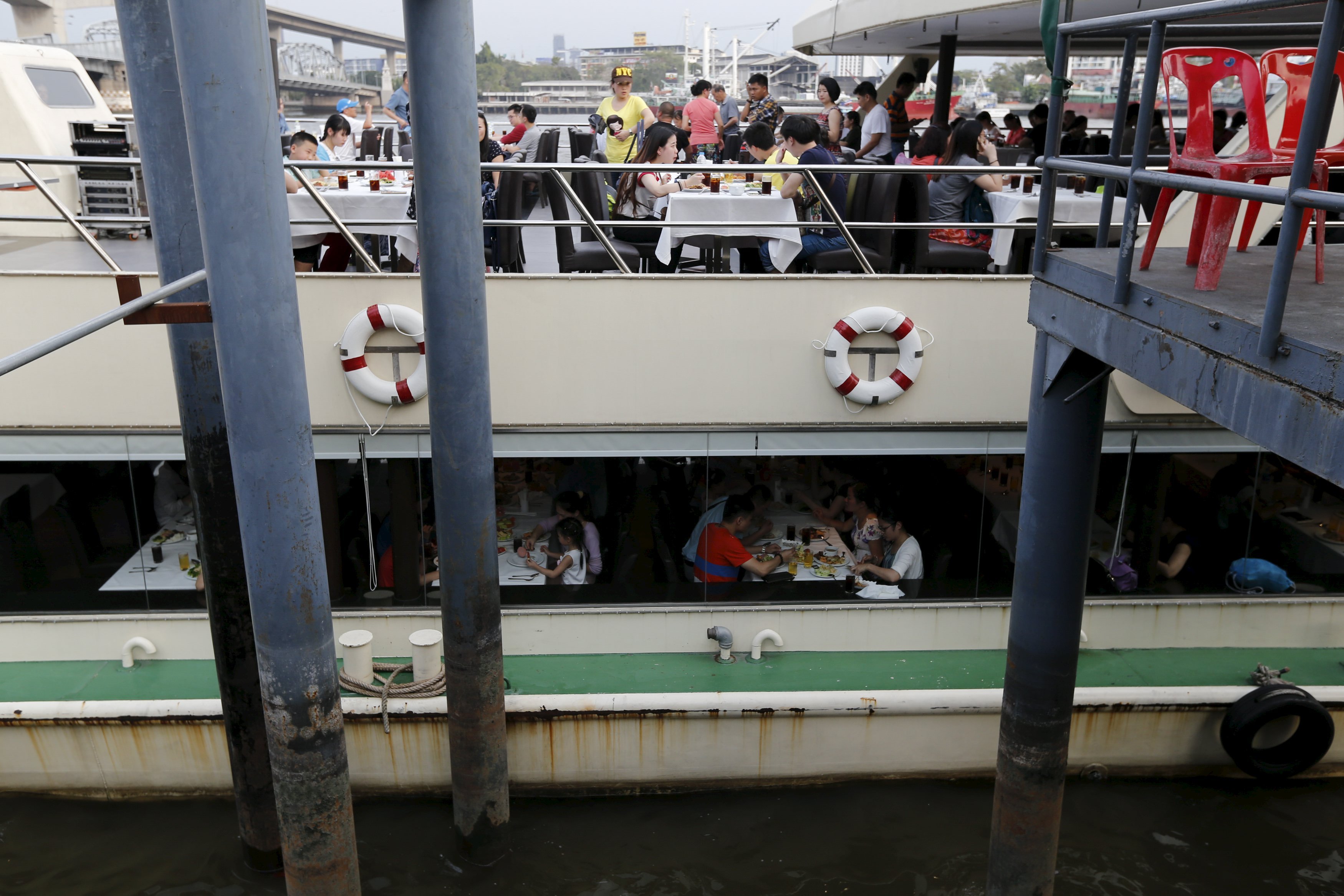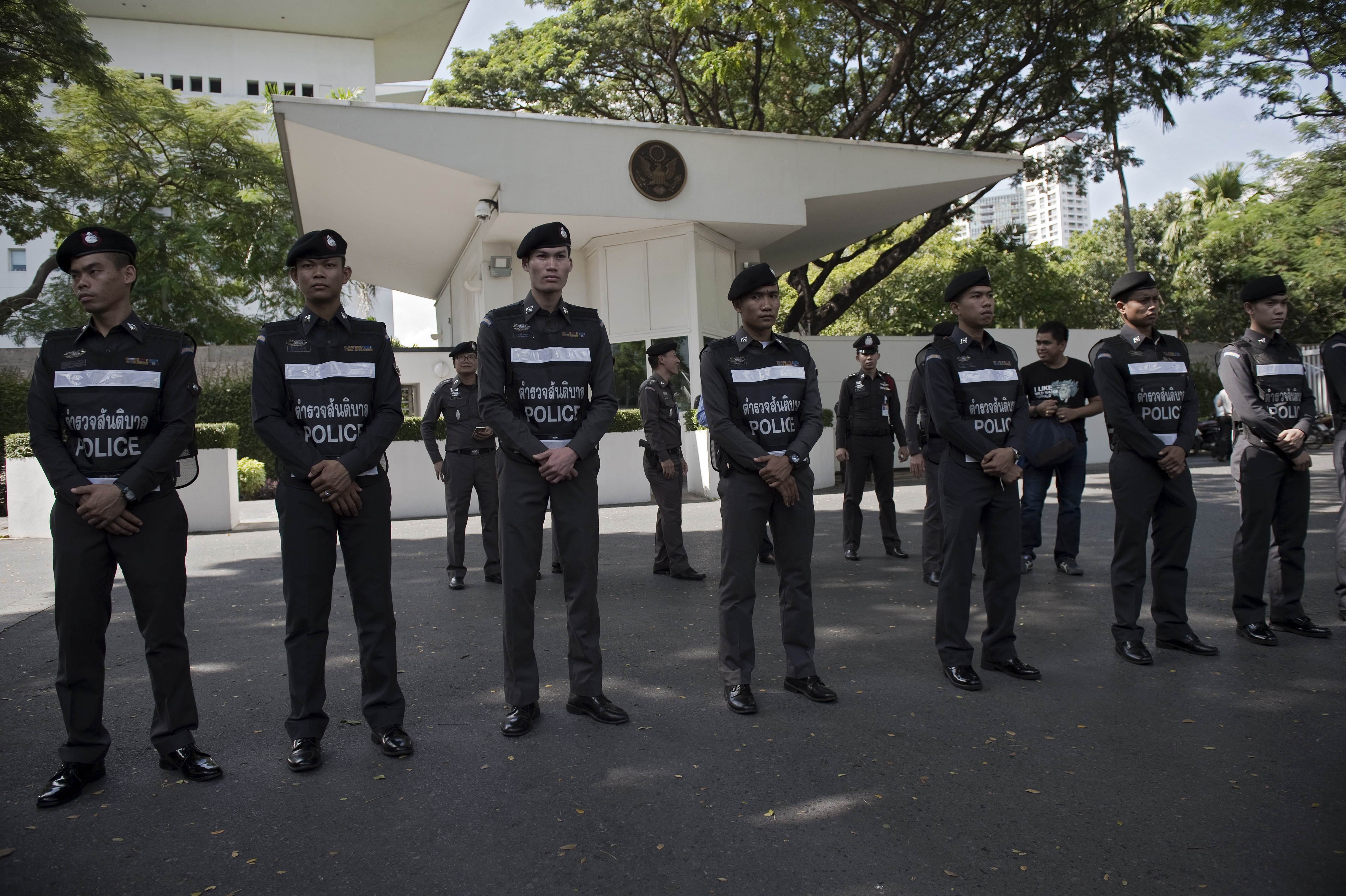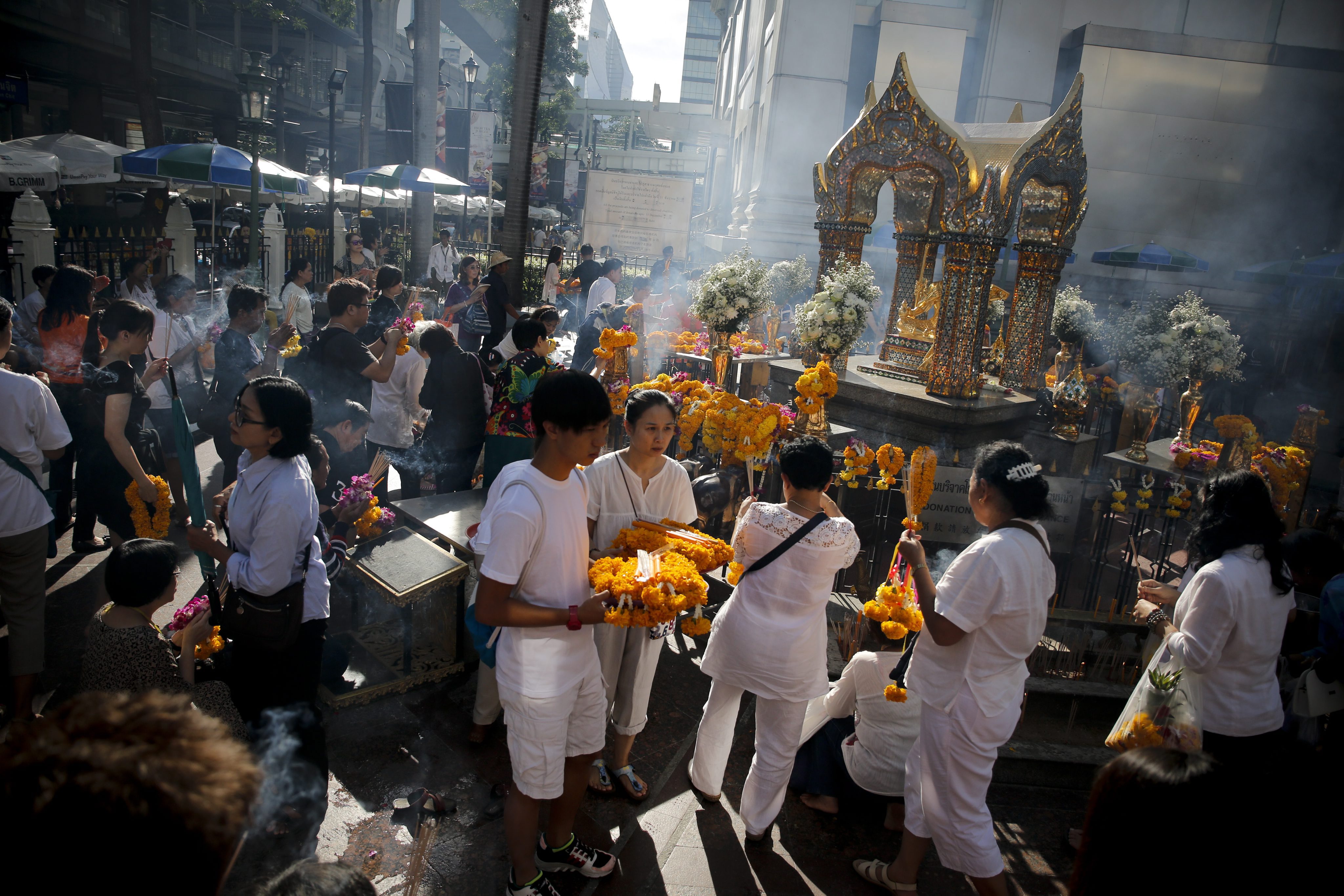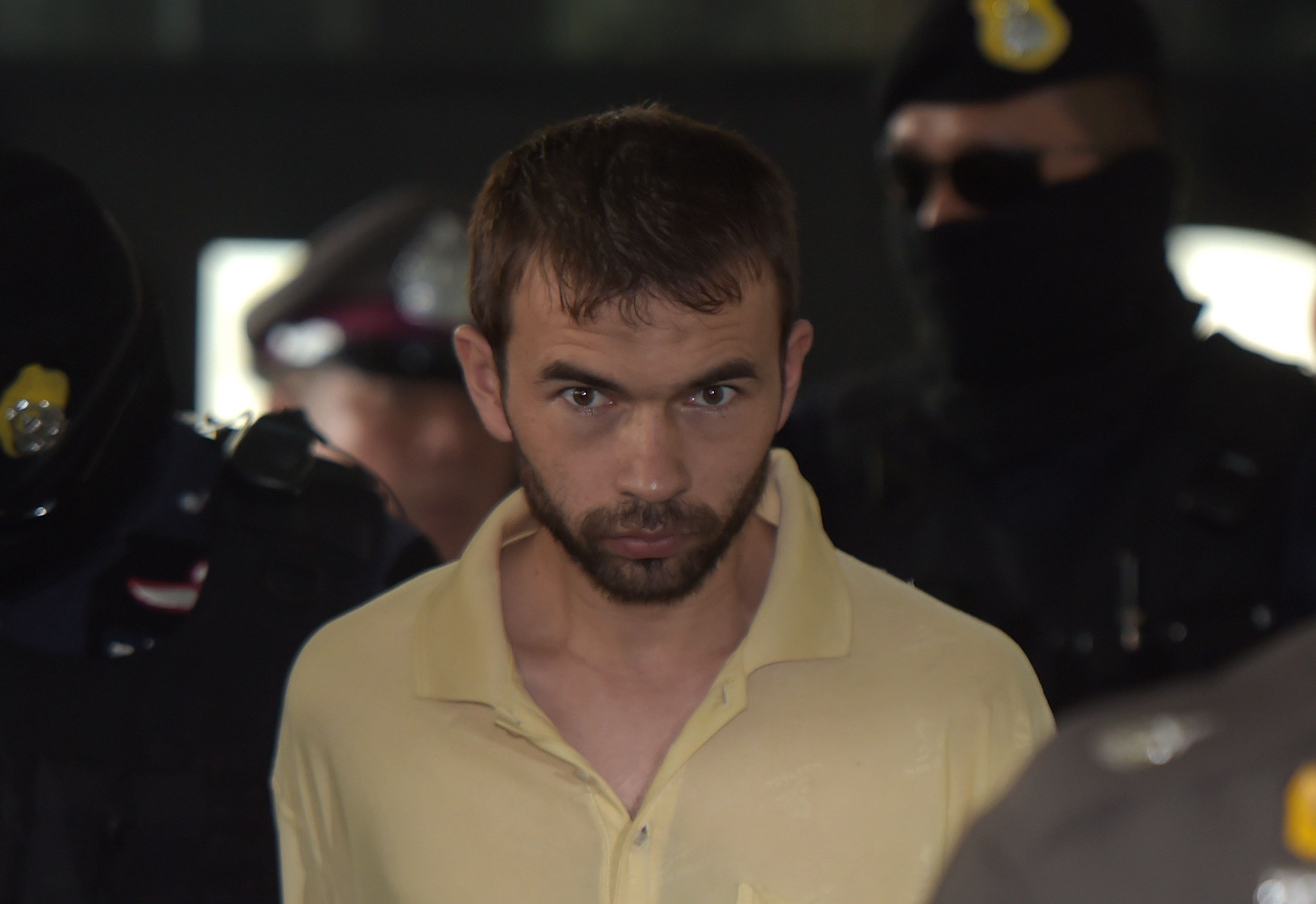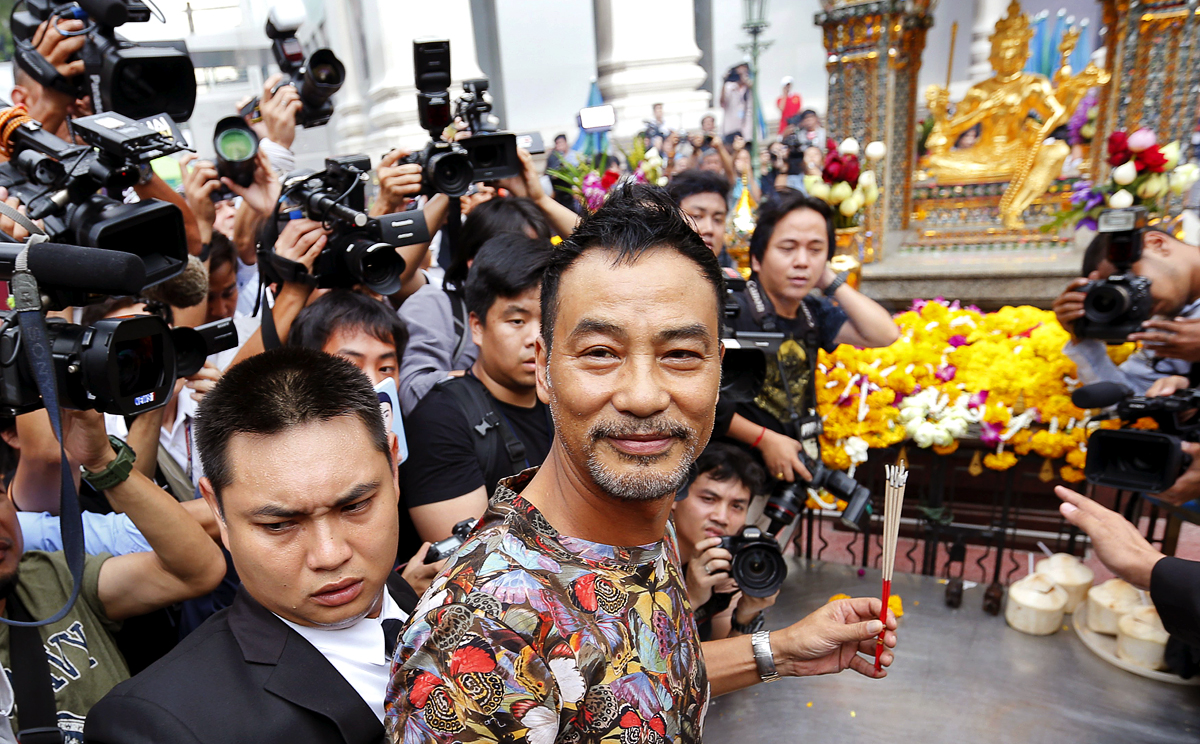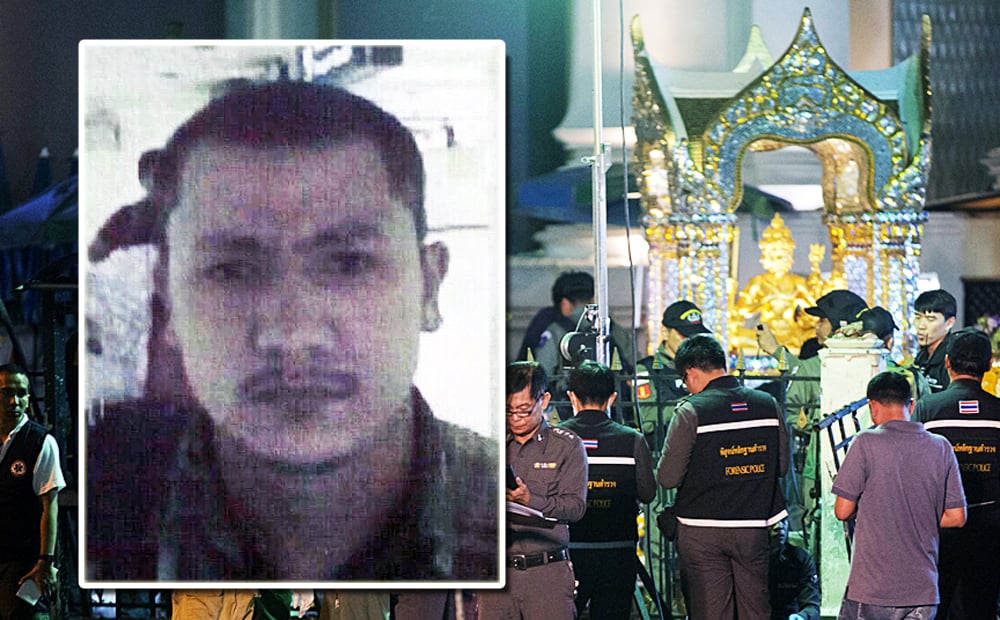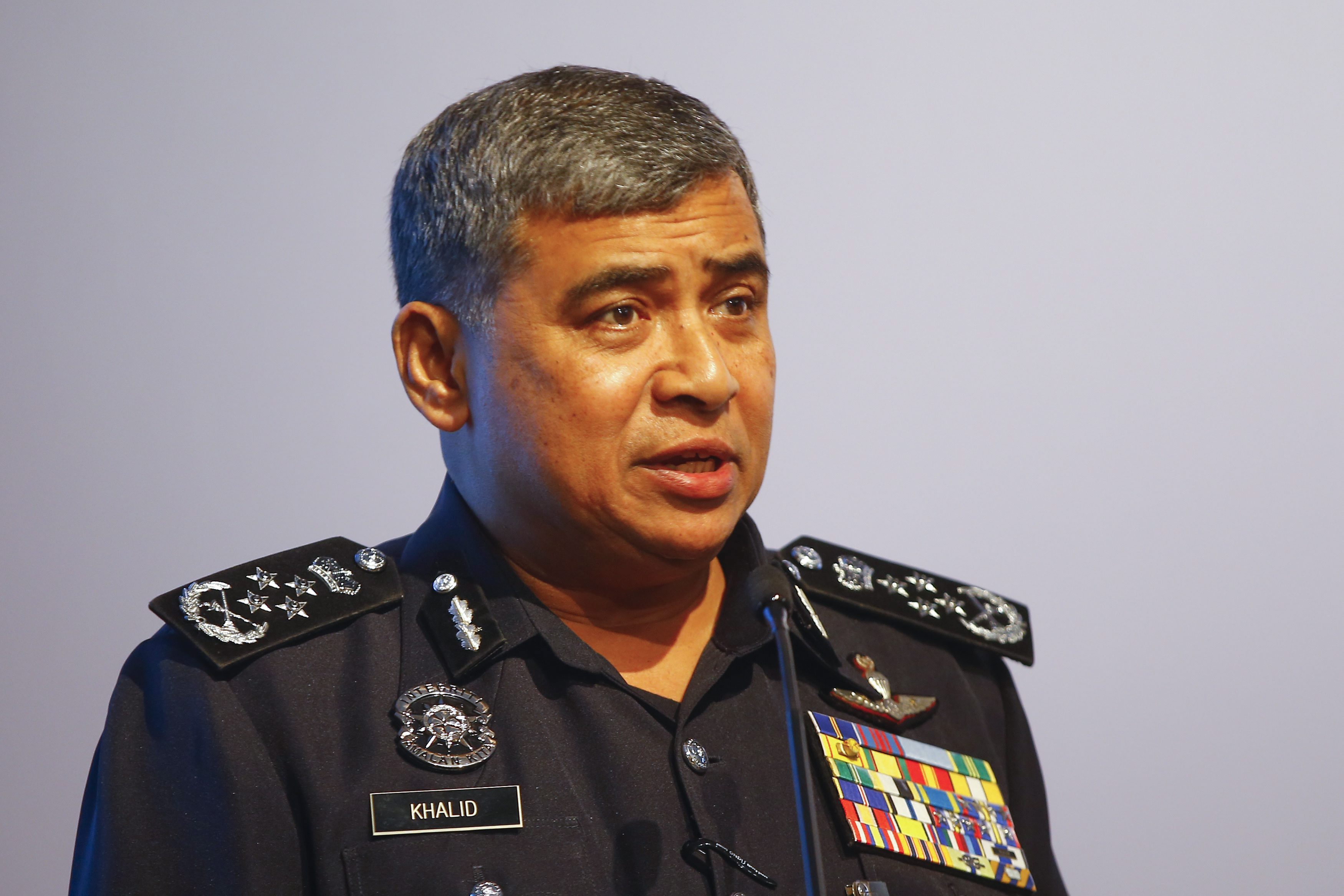Advertisement
Advertisement
TOPIC
Bangkok shrine bombing
Bangkok shrine bombing
A bomb exploded on August 17, 2015, outside Erawan Shrine in Bangkok, Thailand, killing at least 21 people - including two Hongkongers - and injuring more than 120 others. The shrine is located near some of Bangkok’s most popular upscale shopping malls and was packed with worshippers and tourists at the time. Thailand’s defence minister said the bombing was aimed at foreigners to try to damage the country’s tourist industry.
Advertisement
Advertisement
Advertisement
Advertisement
Advertisement
Advertisement
Advertisement
Advertisement
Advertisement
Help preserve 120 years of quality journalism.
SUPPORT NOWAdvertisement
Advertisement
Advertisement
Advertisement
Advertisement
Advertisement
Advertisement
Advertisement
Advertisement
Advertisement
Advertisement
Advertisement
